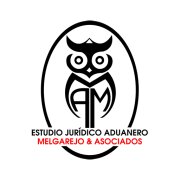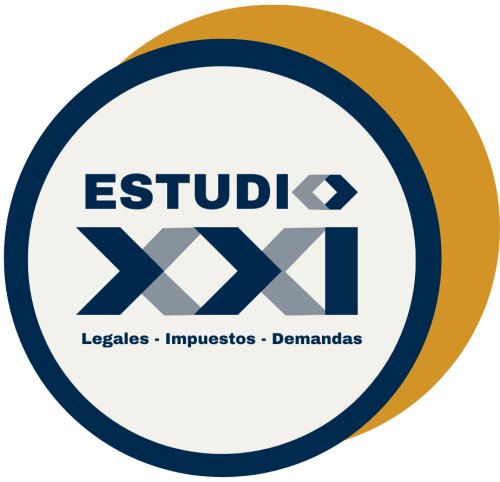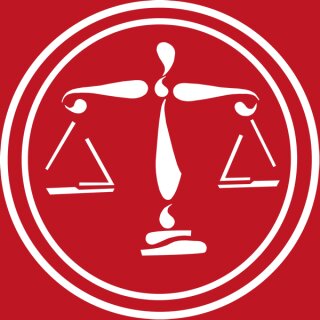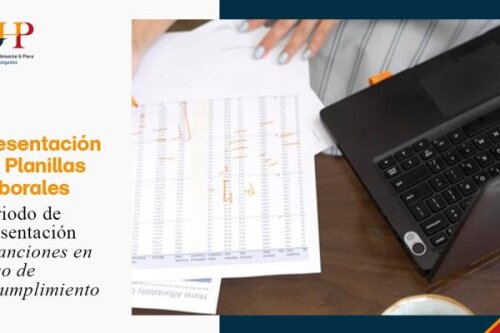Best International Trade Law Lawyers in Paraguay
Share your needs with us, get contacted by law firms.
Free. Takes 2 min.
Or refine your search by selecting a city:
List of the best lawyers in Paraguay
About International Trade Law in Paraguay
International Trade Law in Paraguay encompasses the regulations and agreements that govern the trading of goods and services across its borders. This area of law aims to facilitate and regulate international commerce while ensuring fair trade practices are upheld. Paraguay, being a member of key international trade organizations such as Mercosur and the World Trade Organization (WTO), adheres to various trade agreements and legal frameworks that impact how trade is conducted with other countries. Understanding these laws is crucial for businesses engaged in import and export activities.
Why You May Need a Lawyer
Engaging a lawyer specializing in International Trade Law may become necessary in several situations:
- When negotiating or drafting international trade agreements and contracts to ensure they are legally sound and beneficial.
- If your business encounters trade disputes that require resolution through mediation, arbitration, or court proceedings.
- When dealing with compliance issues related to import/export regulations, tariffs, customs regulations, and sanctions.
- If you or your business faces accusations or investigations regarding violation of trade laws or anti-dumping measures.
- To obtain legal representation and advice on navigating trade policy changes and their impacts on your business.
Local Laws Overview
In Paraguay, key aspects of local laws relevant to International Trade Law include:
- Customs Code: Governs the procedures for importing and exporting goods, detailing tariff classifications, import duties, and customs valuation.
- Foreign Trade Law: Includes rules on export controls, trade promotion policies, and restrictions.
- Investment Law: Regulates foreign investment and provides protections and incentives for international investors.
- Trade Agreements: Paraguay is part of several multilateral and bilateral trade agreements especially under Mercosur and has obligations under the WTO.
- Intellectual Property Laws: Important for companies that trade in goods or services that involve patents, trademarks, or copyrights.
Frequently Asked Questions
What is International Trade Law?
International Trade Law governs the laws and norms that enhance or restrict the trade of goods, services, and intellectual property across national borders.
What organizations regulate International Trade Law in Paraguay?
In Paraguay, major regulations are influenced by the WTO and Mercosur agreements which set the standards for trade practices.
What are the formalities for importing goods into Paraguay?
Importers need to register with the National Customs Directorate and prepare relevant documentation such as commercial invoices, packing lists, and certificates of origin.
How are trade disputes resolved in Paraguay?
Trade disputes in Paraguay can be resolved via arbitration through international bodies like Mercosur or by local courts with jurisdiction.
Are there restrictions on foreign investment in Paraguay?
Paraguay has laws that encourage foreign investment and offers certain protections, although some sectors may be more regulated than others.
What are anti-dumping measures?
Anti-dumping measures are protective tools applied to prevent the sale of foreign goods at unfairly low prices that could harm local industries.
How do tariffs affect international trade in Paraguay?
Tariffs in Paraguay are dictated by the Customs Code and impact the cost of importing different categories of goods, influencing trade decisions.
What documentation is usually required for exportation?
Exports typically require completed export declarations, commercial invoices, and compliance with the destination country's import regulations.
Can trademarks and patents be protected in international trade?
Yes, trademarks and patents can be protected through local intellectual property laws and international treaties to which Paraguay is a signatory.
What is Mercosur and how does it affect trade?
Mercosur is a regional trade bloc that allows for the free movement of goods, services, and tariffs among member countries like Paraguay, impacting trade agreements and policies.
Additional Resources
For those seeking more information on International Trade Law in Paraguay, the following resources can be useful:
- National Customs Directorate for regulations and procedures regarding imports and exports.
- Ministry of Industry and Commerce, which provides guidance on trade policies and foreign investment.
- Paraguayan Office of Intellectual Property, for matters concerning trademarks, patents, and copyrights.
- UN agencies like UNCTAD for broader international trade insights relevant to Paraguay.
- Local Chambers of Commerce, which can provide practical advice and networking opportunities.
Next Steps
If you require legal assistance in International Trade Law, consider taking these steps:
- Research and identify law firms in Paraguay that specialize in International Trade Law with verified credentials and client testimonials.
- Contact a chosen law firm to discuss your specific situation and arrange a consultation to understand the legal landscape relevant to your needs.
- Gather all relevant documentation and information pertinent to your case before the legal consultation.
- Engage a lawyer who provides clear guidance and legal strategies while ensuring ongoing communication throughout your trade dealings.
Taking these steps will not only help you navigate the complexities of International Trade Law in Paraguay but also safeguard your business interests effectively.
Lawzana helps you find the best lawyers and law firms in Paraguay through a curated and pre-screened list of qualified legal professionals. Our platform offers rankings and detailed profiles of attorneys and law firms, allowing you to compare based on practice areas, including International Trade Law, experience, and client feedback.
Each profile includes a description of the firm's areas of practice, client reviews, team members and partners, year of establishment, spoken languages, office locations, contact information, social media presence, and any published articles or resources. Most firms on our platform speak English and are experienced in both local and international legal matters.
Get a quote from top-rated law firms in Paraguay — quickly, securely, and without unnecessary hassle.
Disclaimer:
The information provided on this page is for general informational purposes only and does not constitute legal advice. While we strive to ensure the accuracy and relevance of the content, legal information may change over time, and interpretations of the law can vary. You should always consult with a qualified legal professional for advice specific to your situation.
We disclaim all liability for actions taken or not taken based on the content of this page. If you believe any information is incorrect or outdated, please contact us, and we will review and update it where appropriate.
Browse international trade law law firms by city in Paraguay
Refine your search by selecting a city.















